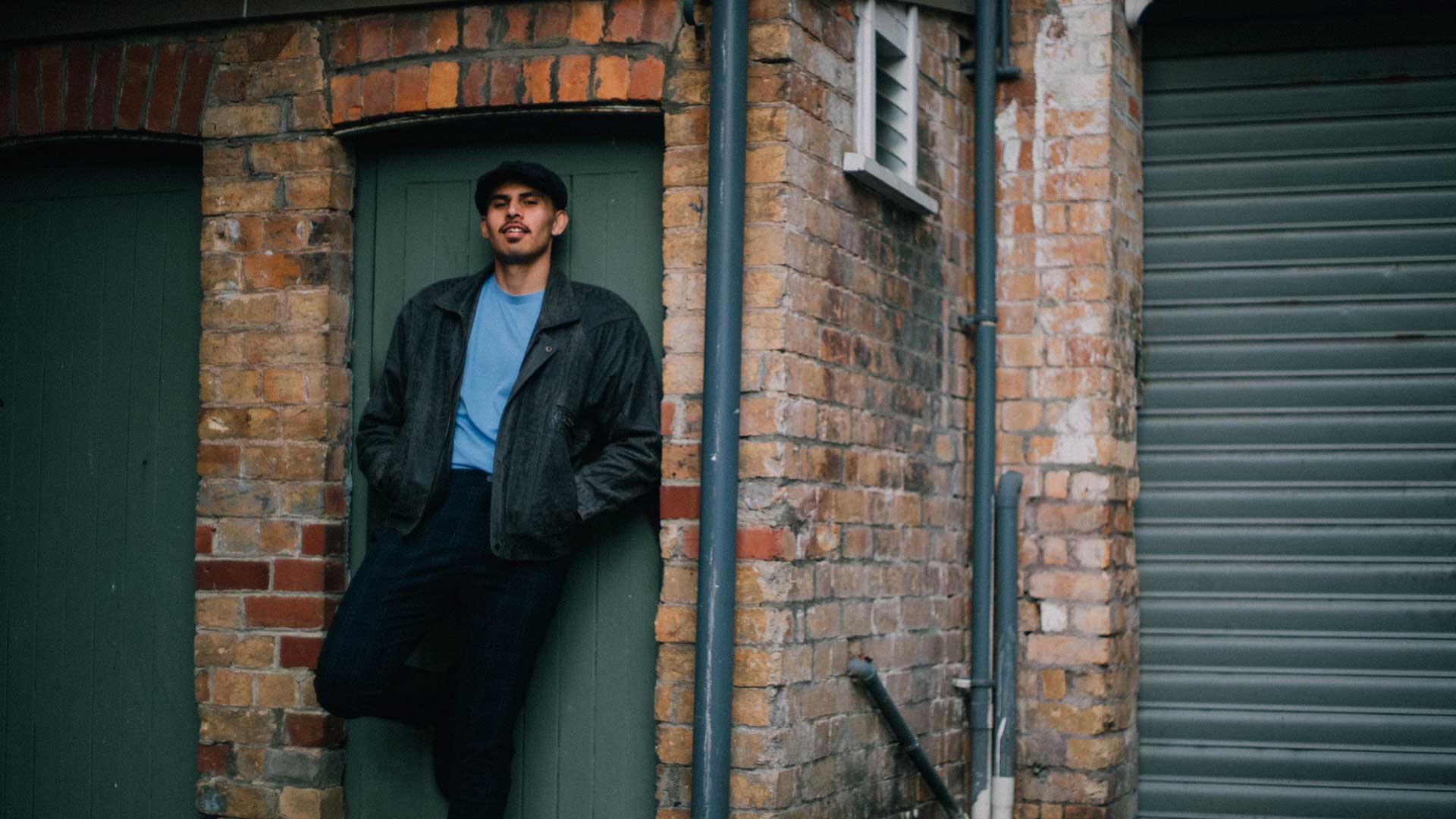The Golden Moments of Mohi
Creating a work of art, for anyone, is a big deal. It takes time (lots of it), passion, drive, and commitment. For any artist, the language is their driving force. Many paths and tracks are taken with their languages, sometimes even interwoven. In recent years, Many artists are championing our native language of Te Reo Māori to reconnect and trace back to the beautiful roots of this country.
One artist who is hustling his way to the top is Auckland-based MOHI. Born Mohi Allen, but recognised mostly by just his first name, he is a descendant of Te Tai Tokerau, Tauranga Moana and Ngāti Kahungunu ki Te Wairoa, and grew up in Henderson, West Auckland. It’s correct in thinking that his music is firmly planted in Aotearoa—the sea, the land, the whanau. He first got the writing bug when he was going through intermediate school, and sung waiata in kapa haka. After school, he pulled up his bootstraps and got to work hustling to get his music heard. He was the lead-singer of Māori, Reggae and Roots band, Ngā Puāwaitanga, toured with Troy Kingi and also opened for House of Shem. It’s no surprise he’s also been announced as the Waiata Māori Music Awards Most Promising Emerging Artist of 2022.
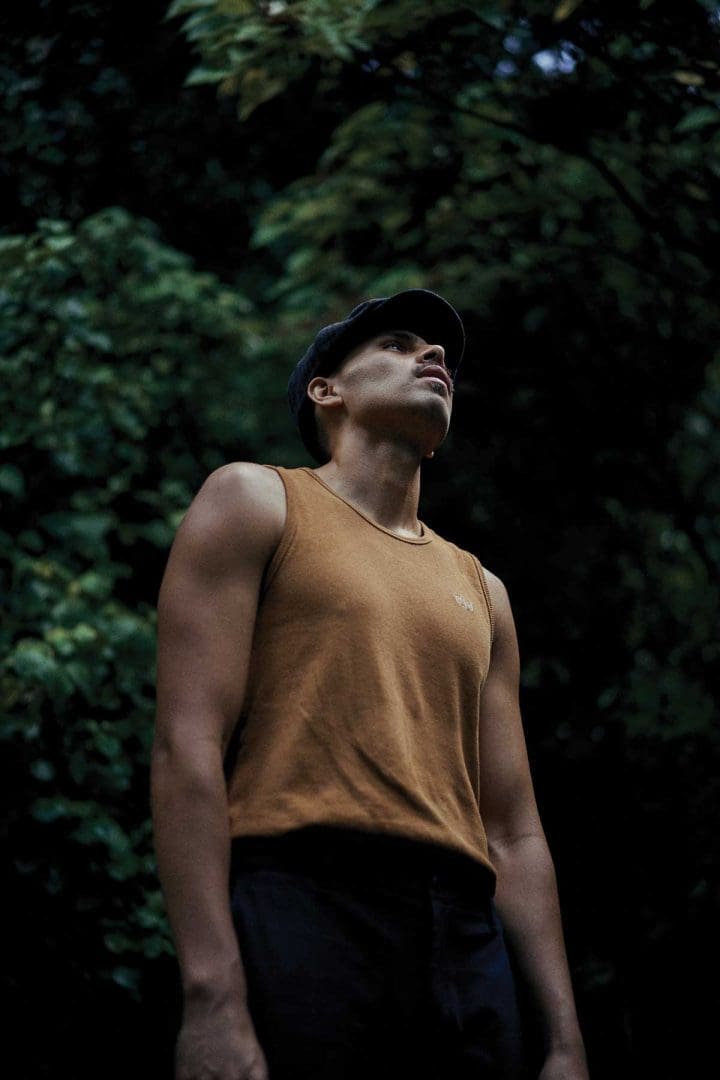
Working his way to the top, MOHI has constructed a unique path for his music, whilst also expanding his musical capability into a new type of pop. Released in November 2022, Moments is his debut EP and features eight stella tracks (three in Te Reo, five in English), all of which encompass a pop-soul-jazz vibe.
We got to sit down with MOHI and talk on his music, the importance of championing Te Reo in music and life, and what he has planned for the future.
You can find MOHI’s music, and latest EP, on Spotify.
How did you first find music?
It would’ve been in my intermediate years. I found music within the church, as well as in our kapa haka group at school and then it grew from there. I started to write more as I got older and it turned into a more contemporary soul-pop sound.
What lesson did you learn at the very start that you still used today?
I think one of the biggest lessons for me is to trust in the work. For myself and maybe for other artists as well, we’re creating these songs, then we’re hoping that the world’s going to like and resonate with them. Sometimes we do get lost in that whole idea that we need to create something that certain people will like—we lose that passion, or we lose that love that we have for that sound.
So I think the biggest lesson for me when creating these songs is just to make sure that it’s something that I love and something that I want to share with the world. If that creation is something that people are going to vibe with, or people are going to resonate with, then that’s amazing. But always make sure that what you’re creating is something that you are a hundred percent passionate about and what you love.
Who are your biggest inspirations?
I think in terms of creating music, definitely my family. My upbringing is a big inspiration—the people that brought me up in West Auckland and up North, in Te Tai Tokerau. In terms of the sound within New Zealand, people like Rob Ruha, who is not only creating amazing Te Reo Māori music but also supporting the next generation of singers. Artists like Teeks, who are championing their own lane of music and staying true to their identity.
I have so many artists that, in my mind, I really want to do a collaboration with in the future, like Lucky Daye, and Ari Lennox, and Snoh Aalegra. I look at their artistry and ask what are they doing? Or how do they promote their music Or what’s the kind of vibe that they give through their songs? I look at that and get inspiration for how I can do what they’re doing. So I feel like almost everything and anything inspires me.
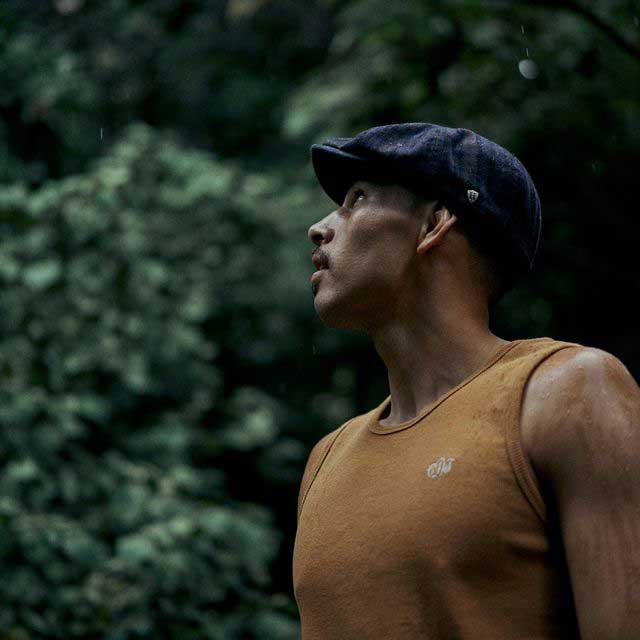
Tell me about your debut EP, Moments?
Moments had been in the works for a while. We started recording it a year and a half ago, so it’s been with me for a while. The EP itself has eight tracks. It’s a mix of English, as well as Te Reo Māori. It’s got a soul-pop jazz vibe right through the EP, which probably stems back to my upbringing. Being brought up in the church, and having that gospel-soul influence, as well as being from a Māori family, it’s the language we speak, as well as kapa haka.
For me, Moments was created by just taking old notes from my notebook, recording them, and having them as living things within the world. Over the years, things picked up and opportunities came my way, and then I started actually making this into a thing. It’s really exciting, as well as super humbling.
What would be your favourite moment of Moments? Is there a track that really stood out to you?
Even thinking about the word ‘moments’…it can mean so many different things, or it could just mean a single second. It takes a snapshot of that moment in time. The song, Te Aroha Mauroa was written about a year and a half ago. That song captures all of the feelings that I was feeling at that time.
The song, Lovers Lane, was composed back in school, which sort of is a snapshot of my world back then. That’s why I chose to title the EP Moments. My favourite song on it would probably be either Te Atarau or Jasmine.
How important was it for you to have that multilingualism in the EP?
I think it’s super important. Using Te Reo Māori helps normalise our language within the music scene, but also just in everyday spaces. Music is everywhere. If we can create more waiata Te Reo Māori for the nation to play, then that’s amazing. I also wanted to write waiata because it’s my love language.
I love speaking Te Reo—I’m probably more confident speaking in Te Reo than in English. It made so much sense to create an EP that had both. I wanted to create something that wasn’t just going to engage with whanau Māori, but also with non-Māori and listeners from around the globe. Having songs that are both Te Reo as well as having an English interpretation of those songs gives the opportunity for a wider audience.
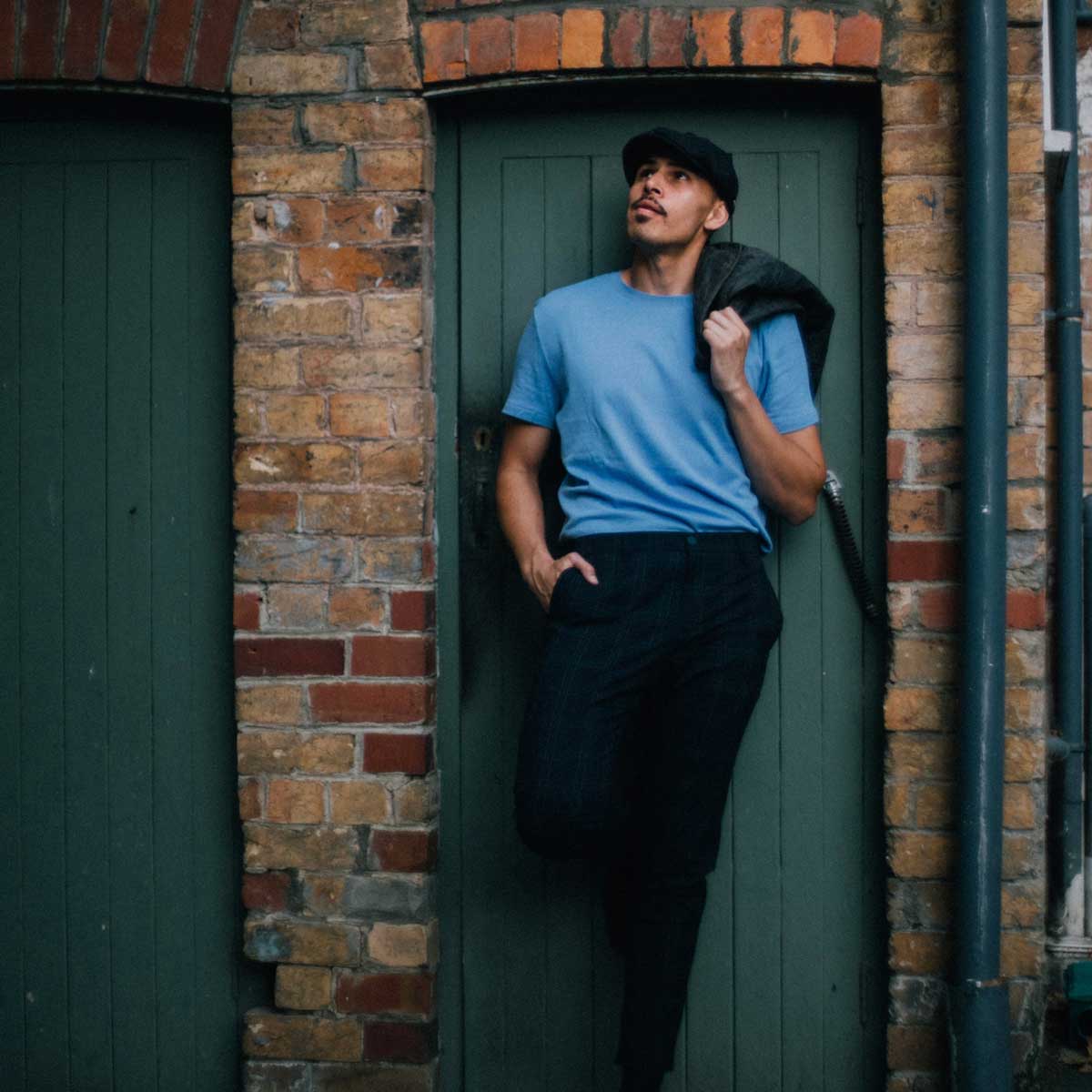
With the songs that are both Māori and English, what I did differently was they’re not translations of each other. What I wanted to do for this EP was to create a waiata with the same theme but really grounded in the language that it’s created in.
What is your creative process? How do you get the creative juices flowing?
I think it’s a mixture of things. I love running, or training. Running is like one of the things that I just love to do. When I’m running, or doing some sort of training, a lot of the time the song ideas or themes come to me during those moments.
Whether it’s a song idea, a small theme, or maybe it’s a phrase that I could use, that’s one of my ways of doing it. Also grounding down on a wicked experience; a song will most-likely come. Sometimes inspiration comes from the weirdest places. Everything is inspiring.
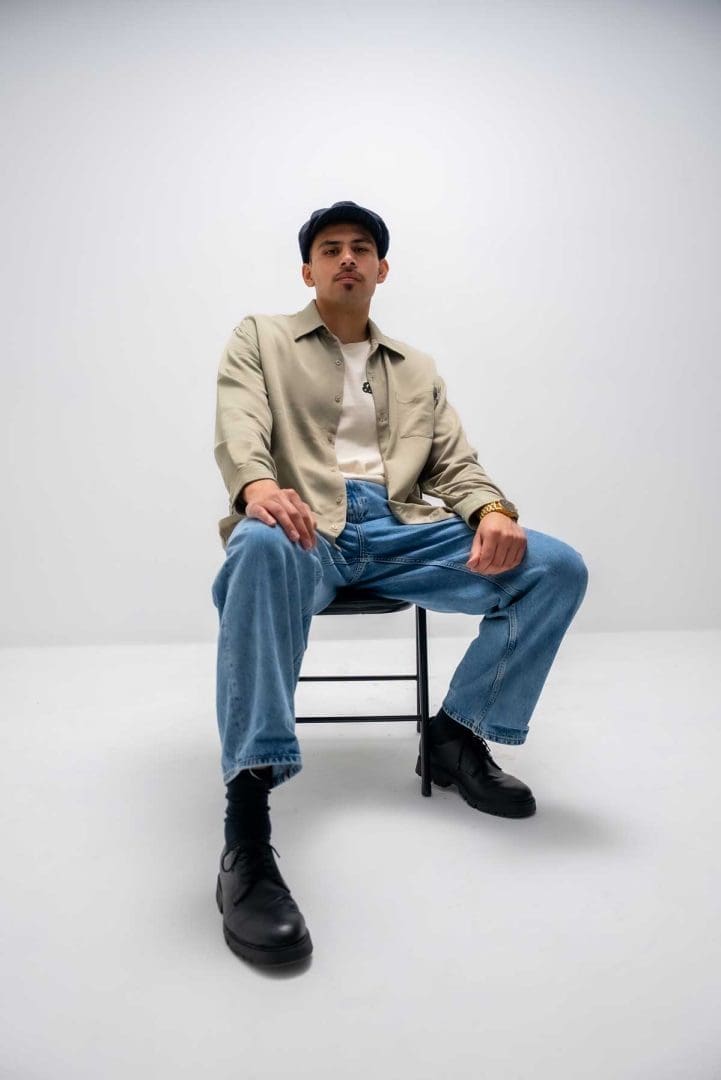
What else do you have planned? Any future tours?
We have a few gigs lined up for the summer period. I want to do a backyard tour or something. But yeah, do as many gigs and festivals as possible. I have a couple of gigs on Waitangi Day next year, which will be great. I’m just doing whatever I can to get this part of me out there.
What is your definition of success?
I want to make people feel a certain way. I want to make people happy, or have some sort of joy for the moment in time that they’re listening.
Success would be creating music that positively affects our people or our nation. I think creating music that our whanau, Māori or non-Māori, resonate with and can be moved to do something positive with themselves, with their lives, with their families, I think that for me is a success.
I’m super new to the game, but utilising the skills for different things that I can learn on this journey of mine to give back to the next generation, I think that’d be a huge success.

